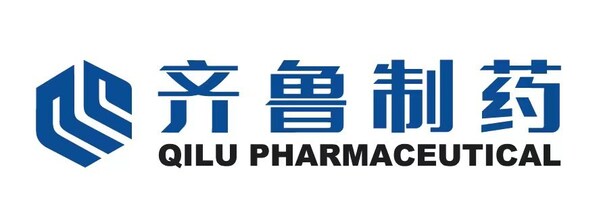08-06
Updated Data from Phase II Clinical Trial of Iruplinalkib Tablets (Qixinke®) Presented at World Conference on Lung Cancer 2024
 2024-09-11
2024-09-11
 Qilu Pharmaceutical Co., Ltd.
HaiPress
Qilu Pharmaceutical Co., Ltd.
HaiPress

JINAN,China,Sept. 10,2024 -- During the World Conference on Lung Cancer (WCLC) held from September 7-10,2024,in San Diego,California,updated findings from the Phase II clinical trial (INTELLECT study) were presented. The study assessed the efficacy and safety of Qilu Pharmaceutical's iruplinalkib tablets (Qixinke®) in treating patients with anaplastic lymphoma kinase (ALK)-positive crizotinib-resistant non-small-cell lung cancer (NSCLC). The highlights were showcased in a poster presentation.
Iruplinalkib,a next-generation ALK/ROS1 kinase inhibitor formulated by Qilu Pharmaceutical,was approved by NMPA in June 2023 for the treatment of patients with ALK-positive locally advanced or metastatic NSCLC who had disease progression after treatment with crizotinib or who were intolerable to crizotinib. In January of this year,iruplinalkib was approved for the first-line treatment of patients with ALK-positive NSCLC.
The trial is led by principal investigator,Prof. Yuankai Shi from the Cancer Hospital Chinese Academy of Medical Sciences & Peking Union Medical College. The results of the study were published in BMC Medicine in 2023. Updated data with an extended two-year follow-up were presented during the WCLC.
A total of 146 subjects were enrolled in this study. As of December 29,2023,the median follow-up time was 42.41 months,revealing a median overall survival (OS) of 41.79 months. The investigator-evaluated objective response rate (ORR) was 63.7%,while the disease control rate (DCR) reached 94.5%. Additionally,the median duration of response (DoR) and median progression-free survival (PFS) were reported to be 14.06 months and 14.55 months,respectively.
According to theRECIST v1.1 evaluation criteria,the ORR and DCR in the subgroup with CNS metastasis at baseline (90 patients) were 55.6% and 93.3%,respectively. Both the median DoR and median PFS were 17.25 months,while the median OS stood at 43.01 months.
Based on RANO-BM criteria,intracranial complete response (CR) was achieved in 17 (18.9%) of the 90 patients with CNS metastasis at baseline. Among the 42 subjects with measurable intracranial lesions at baseline,the intracranial objective response rate (iORR) was 64.3% while the intracranial disease control rate (iDCR) reached 95.2%.
The safety profile was characterized by a 93.8% (137 cases) incidence of treatment-related adverse events (TRAEs),with 30.8% (45 cases) being grade 3 or 4. The most common TRAEs included elevated aspartate aminotransferase (45.2%),hypercholesterolemia (37.7%),and increased alanine aminotransferase (37.0%). No new safety signals were identified.
Long-term follow-up results from the INTELLECT study demonstrated that iruplinalkib provided an OS benefit with no new safety signal in patients with ALK-positive crizotinib-resistant advanced NSCLC.
References:
1. Shi Y,et al. Efficacy and safety of iruplinalkib (WX-0593) in ALK-positive crizotinib-resistant advanced non-small cell lung cancer patients: a single-arm,multicenter phase II study (INTELLECT). BMC Med. 2023;21(1):72.
2. Shi Y,et al. Iruplinalkib (WX-0593) Versus Crizotinib in ALK TKI-Naive Locally Advanced or Metastatic ALK-Positive NSCLC: Interim Analysis of a Randomized,Open-Label,Phase 3 Study (INSPIRE). J Thorac Oncol. 2024;19(6):912-927.




